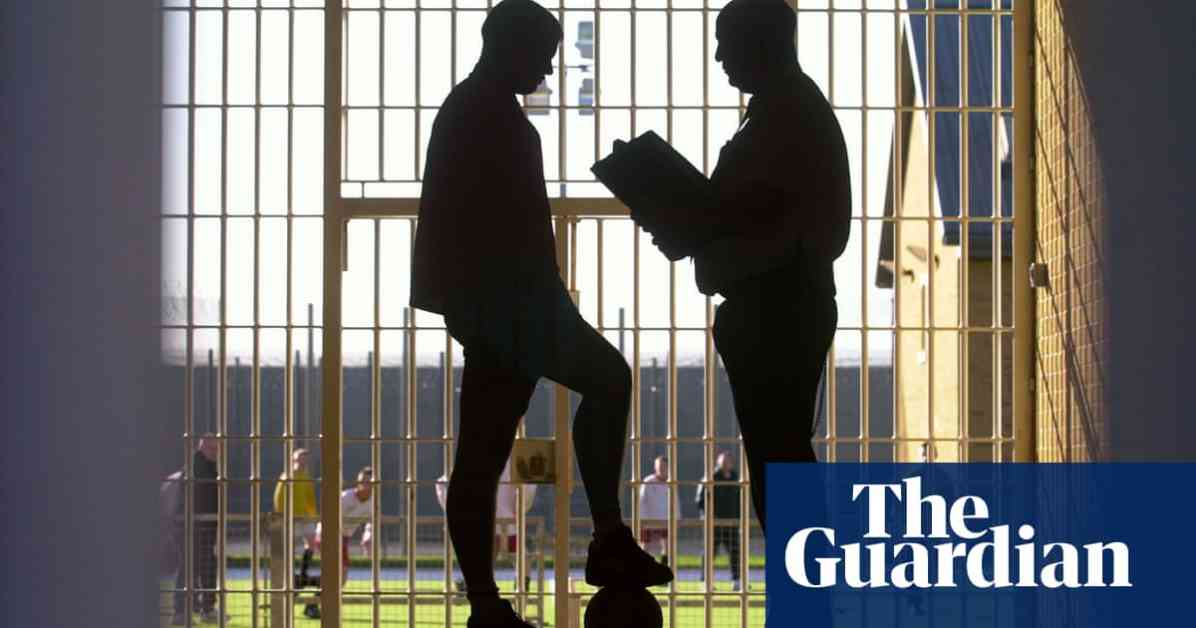Children’s rights and justice organizations are advocating for the end of child imprisonment in England, stating that it is beyond reform. They believe that the responsibility for children who need to be deprived of their liberty should be transferred from the Ministry of Justice to the Department for Education. This call comes after the deaths of 14-year-old Adam Rickwood and 15-year-old Gareth Myatt in children’s prisons 20 years ago.
Adam Rickwood tragically took his own life after being restrained at Hassockfield secure training centre, while Gareth Myatt, who weighed less than seven stone, died after being restrained by three G4S officers at Rainsbrook STC. The review, conducted by the Alliance for Youth Justice, Article 39, the Centre for Crime and Justice Studies, and other organizations, highlights the shortcomings in the current system.
Despite the Ministry of Justice’s stated priority of ensuring the safety of children in prison, a 2017 report from the chief inspector of prisons found that no establishment inspected was safe for holding children and young people. Concerns have also been raised about the use of solitary confinement and pain-inducing restraint techniques on children in detention facilities.
The review reveals that children in prison are not receiving the promised 30 hours a week of education and purposeful activity. Additionally, many children are being cared for by untrained and poorly managed staff, leading to poor outcomes for children upon release. While there have been promises to transform young offender institutions (YOIs) and secure training centres (STCs) since the 1990s, the majority of children in custody are still held in these facilities.
The review suggests that children should only be deprived of their liberty when it is necessary to prevent serious and immediate harm to the child or others. In such cases, the responsibility should lie with the Department for Education, alongside other areas of child welfare.
Carolyne Willow, founder director of Article 39, emphasizes the harmful effects of imprisonment on children and calls on ministers to make a change. Deborah Coles, executive director of Inquest, echoes this sentiment, highlighting the inherent dangers of child prisons and the need to invest in community support services.
In conclusion, the review recommends a shift away from child imprisonment towards more supportive and nurturing alternatives. It underscores the urgent need for policy changes to protect the well-being of children in the justice system.












